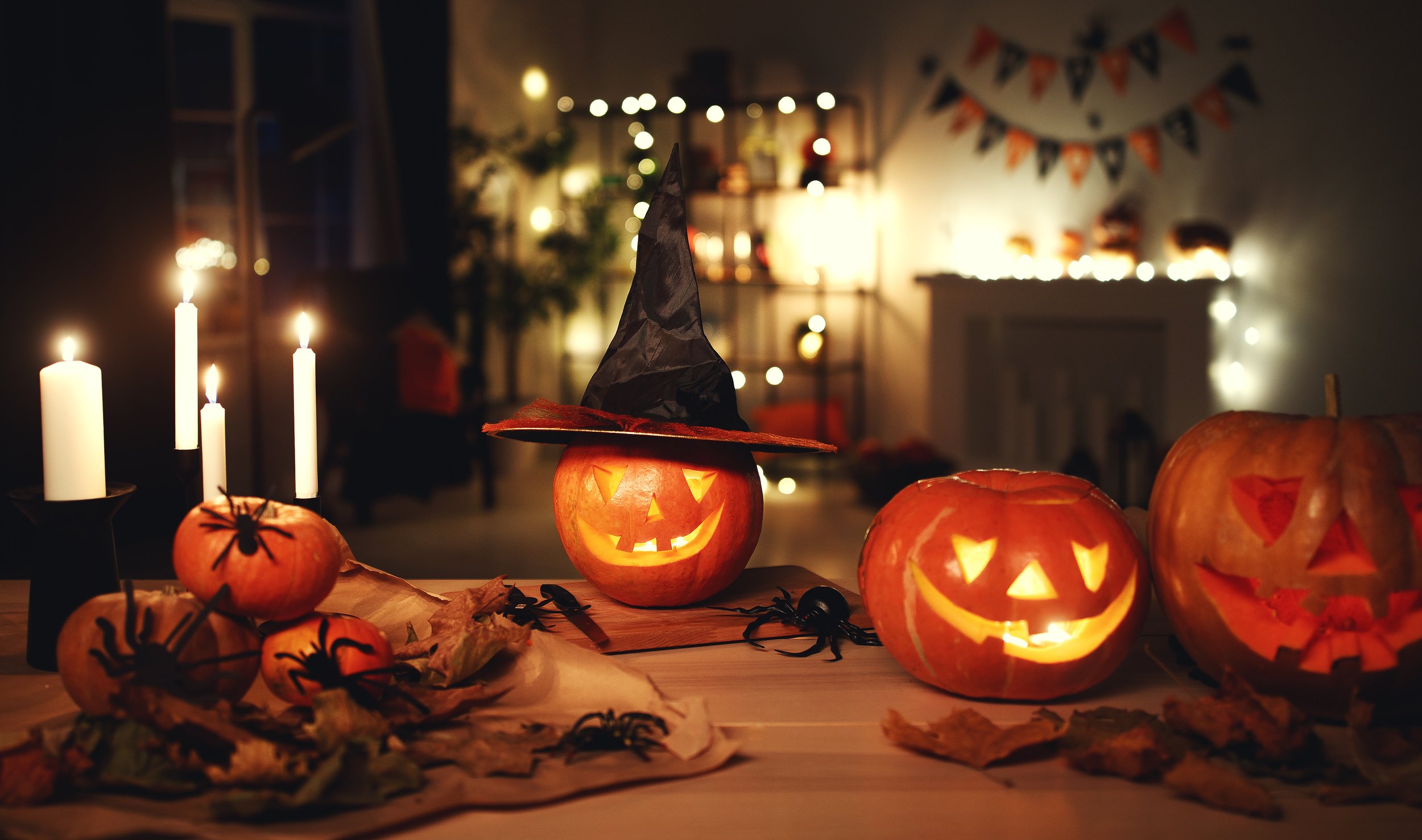
The History of Halloween
Halloween is celebrated each year on October 31 and it is a misconception that Halloween originated in the United States.
In fact the tradition originated with the ancient Celtic festival of Samhain, when people would light bonfires and wear costumes to ward off ghosts. The Celts, who lived 2,000 years ago, in what is now Ireland, the United Kingdom and northern France, celebrated their new year on November 1. This day marked the end of summer and the harvest and signified the beginning of the dark, cold winter, a time of year that was often associated with human death. The Celts believed that on the night before the new year, the worlds of the living and the dead merged. On the night of October 31 they celebrated Samhain, when it was believed that the ghosts of the dead returned to earth.
The History of Halloween
Halloween is celebrated each year on October 31 and it is a misconception that Halloween originated in the United States.
In fact the tradition originated with the ancient Celtic festival of Samhain, when people would light bonfires and wear costumes to ward off ghosts. The Celts, who lived 2,000 years ago, in what is now Ireland, the United Kingdom and northern France, celebrated their new year on November 1. This day marked the end of summer and the harvest and signified the beginning of the dark, cold winter, a time of year that was often associated with human death. The Celts believed that on the night before the new year, the worlds of the living and the dead merged. On the night of October 31 they celebrated Samhain, when it was believed that the ghosts of the dead returned to earth.
Things that go Bump in the Night - The History of Halloween
Halloween is celebrated each year on October 31 and it is a misconception that Halloween originated in the United States.
In fact the tradition originated with the ancient Celtic festival of Samhain, when people would light bonfires and wear costumes to ward off ghosts. The Celts, who lived 2,000 years ago, in what is now Ireland, the United Kingdom and northern France, celebrated their new year on November 1. This day marked the end of summer and the harvest and signified the beginning of the dark, cold winter, a time of year that was often associated with human death. The Celts believed that on the night before the new year, the worlds of the living and the dead merged. On the night of October 31 they celebrated Samhain, when it was believed that the ghosts of the dead returned to earth.
